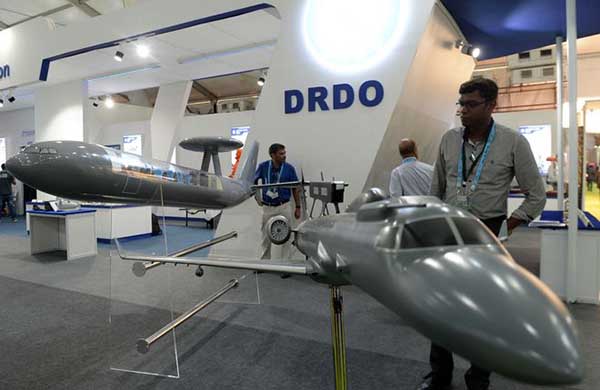Over two years after the DRDO modified its Intellectual Property Rights (IPR) policy to grant the Indian industry royalty-free access to patents held for technologies developed by it, detailed guidelines on the subject have been issued.
The new rules stipulate that a license for the patent will be given initially for a period of five years based upon the manufacturing capacity. The number of licenses issued to a single firm shall not be more than five and can be renewed after five years depending upon compliance of the license agreement and other defined factors.
DRDO has also expanded the eligibility scope for licensees by including a clause stating that the applicant shall be a manufacturing entity or a system integrator and not a trading company. None of the promoters and directors of the applicant entity should have been wilful defaulters.
Applicants would be required to provide all necessary documentation including details of projects and supply orders successfully executed in the last two years, details of shareholders, promoters, associated firms and joint venture companies if any, as well as details of any vigilance actions, on-going investigation or suspension or blacklisting of the entity or any of its associates.
To boost indigenous production and give a fillip to the ‘Make in India’ policy, DRDO had, in November 2019, decided to grant free access to patents held by it to an Indian company, startup or MSME incorporated as per law. A DRDO screening committee would review the requests for licenses by taking into account the applicant’s financial and technical capabilities as well as national security and strategic implications.
Under the policy, no licence fee or royalty will be applicable on the use of Indian patents held by the research agency and only a processing fee of Rs 1,000 would be levied. Earlier, licence fee for patents and royalty could range anywhere from several lakh rupees to over a crore depending upon the type of technology involved, the cost of the project, baseline price and post-production quantum of sales to non-defence sector.
There are about 450 patents covering missile technology, aeronautics, naval systems, life sciences, armaments, combat engineering, electronics and communication material, which can be used by the Indian industry for commercial production.
Prior to this, the DRDO policy had called for managing intellectual property rights in an effective, efficient and ethical manner to derive full economic potential and consider opportunities for commercial exploitation of IP and wealth creation.
The license for the patent shall be given on non-exclusive basis with DRDO retaining complete title and ownership rights including unfettered rights to license the patents to additional parties.
While the license recipients will be able to manufacture and sell products covered under the patent, they will also be required to submit details about the commercial working of the licensed patent on an annual basis to DRDO, which would be forwarded to the Controller General of Patents, Designs and Trademarks, as mandated by Indian patent laws and rules.













